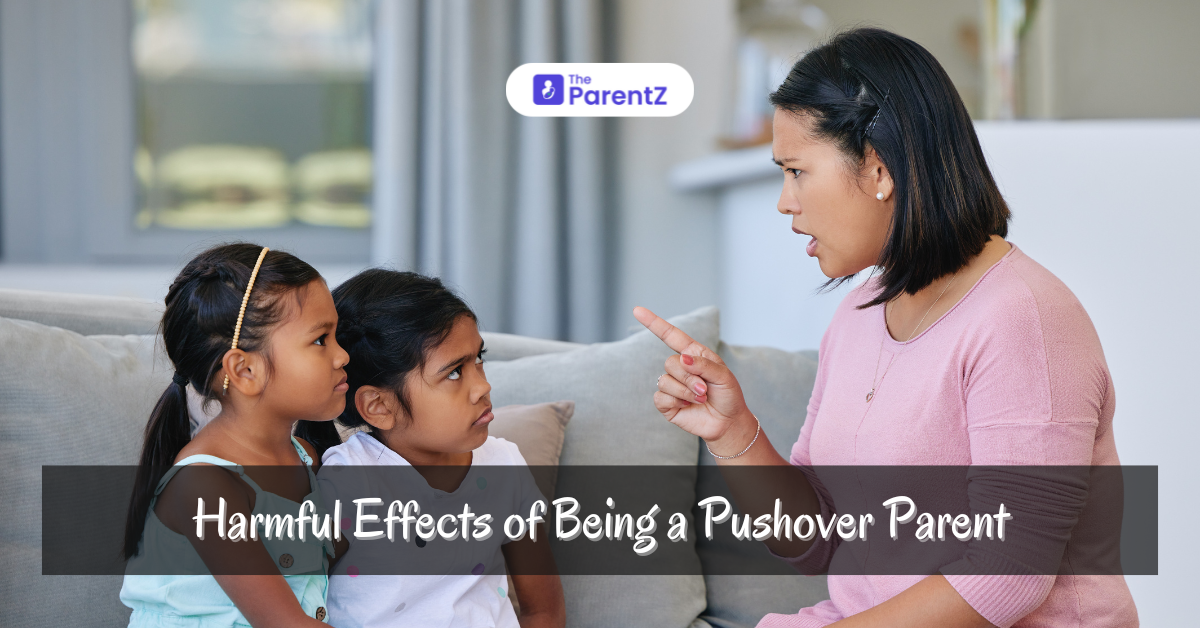Being a parent is a daunting task. We love our children immensely, and the desire to protect and nurture them is instinctual. However, there’s a fine line between being a gentle, loving parent and being a pushover; many parents struggle to identify it.
Let’s clarify: this isn’t about placing blame. Parenting is filled with trial and error, and we’re all doing our best. However, understanding the potential pitfalls of pushover parenting is crucial for the well-being of both parent and child.
What is Pushover Parenting?
A pushover parent is often seen as the “cool” parent. They say yes to everything, enforce a few rules, and prioritize their child’s happiness above all else. While this might seem like an idyllic parenting style, it can have detrimental long-term consequences.
The Manipulative Child
Children are incredibly perceptive. They quickly learn what works and what doesn’t. When parents consistently give in, children might start manipulating situations to get their way. This can include subtle emotional manipulation to outright defiance. It’s essential to recognize these behaviors and address them firmly but calmly.
The Long-Term Consequences
- Lack of Boundaries: Children need boundaries to feel secure. Without limits, they can become anxious, insecure, and lack self-discipline.
- Difficulty with Relationships: Children who grow up without boundaries often struggle to form healthy relationships. They might have trouble respecting others or understanding their own needs.
- Academic Struggles: A lack of structure and discipline can impact a child’s ability to focus and learn.
- Emotional Instability: Children who don’t learn to cope with disappointment or frustration might develop emotional regulation issues.
- Parent Burnout: Constantly giving in to your child’s demands can be emotionally draining for parents.
Identifying Pushover Parenting
It’s okay to doubt your parenting style. Here are some signs you might be a pushover parent:
- Constant Giving In: Do you constantly give in to your child’s demands, even when you know it’s not good for them?
- Lack of Boundaries: Do you struggle to set clear boundaries for your child, leading to a lack of discipline and structure?
- Emotional Manipulation: Are you aware of your child’s emotional manipulation tactics, such as crying or tantrums, to get what they want?
- Fear of Conflict: Do you avoid conflict with your child because you fear their emotional outbursts?
Finding a Balance
Authoritative parenting is often the most effective approach. It combines warmth, responsiveness, and clear expectations. Authoritative parents set limits but also explain the reasons behind those limits. They are consistent and fair, and they encourage independence.
Remember, it’s okay to make mistakes. Parenting is a learning process. The key is to be aware of your child’s needs and to set loving and firm boundaries.
If you find yourself struggling, consider seeking support from other parents, therapists, or parenting classes. Taking care of yourself as a parent is essential to providing the best possible care for your child.
Conclusion
By understanding the potential pitfalls of pushover parenting and establishing healthy boundaries, you can learn to create a nurturing environment for your child to succeed.






Be the first one to comment on this story.